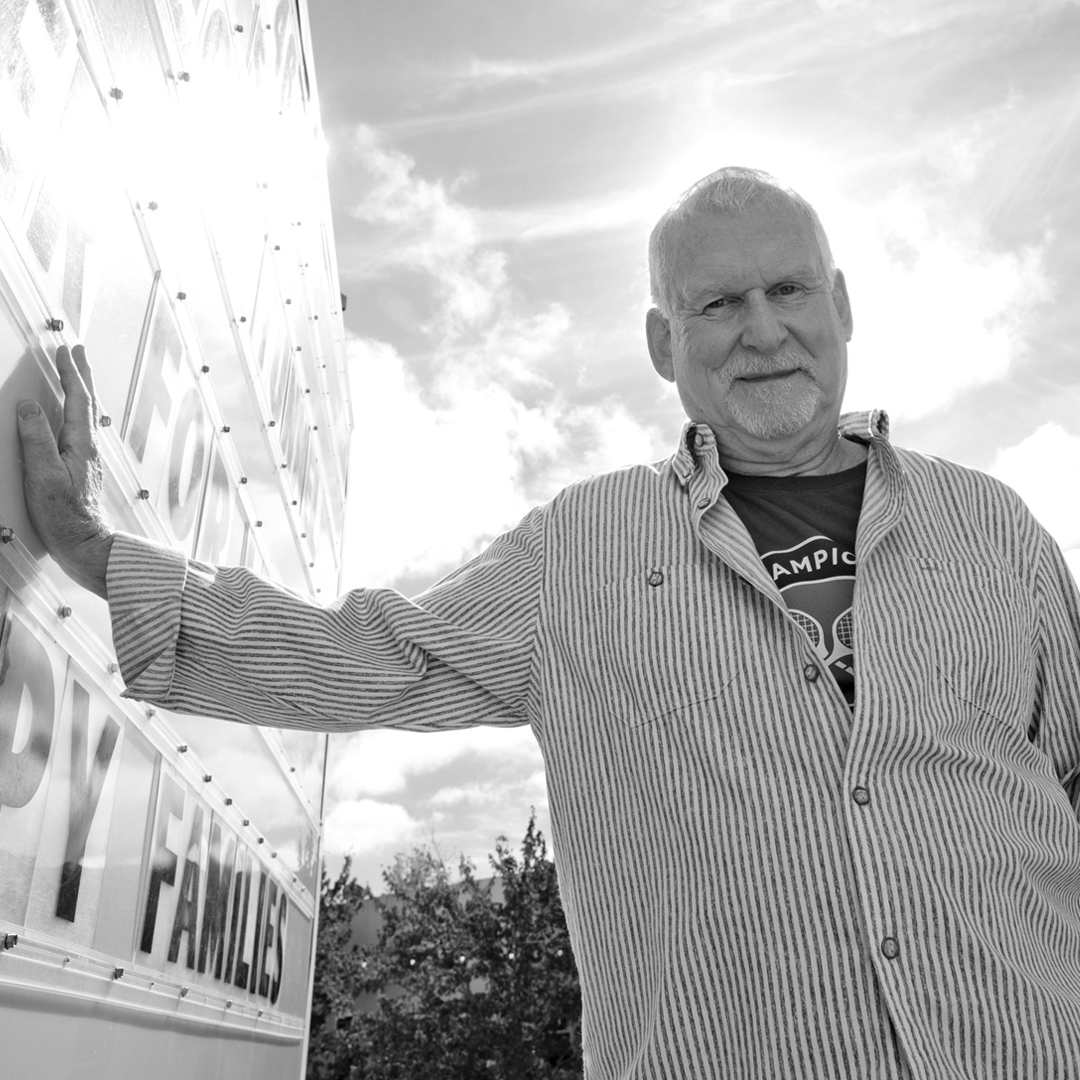STEVE RIFFKIN
Long-time CAFILM Member
Retired Marin County Educator
Photo © Tommy Lau Photography
I’ve been an educator in the Marin County area for about 50 years. I came out here in 1973 as a student on a non-resident term, where they released us to go out into the workforce somewhere. I had a good friend who had done work at Old Mill School in Mill Valley. That was my introduction to working in school systems. I did several points of employment in Marin County over the next few years, and in the early 90s, I was offered the job of music and drama teacher at Marin Country Day, where I spent the next 25 years.
I attended the first Mill Valley Film Festival in the late 70s, but I was traveling for work during the 80s and missed it. As soon as I settled down into the full-time gig, I was eager to get back into it. And of course, by that time, the festival really was something.
The California Film Institute had just taken over the Rafael Theater, and when they opened in 1999, it was so exciting. I couldn’t have been happier, because I live, like, four blocks away. We started bringing classes there from Marin Country Day. I was teaching 7th and 8th graders music and theater, and we’d watch these great films, a lot of coming of age stories, and the kids always enjoyed whatever they saw.
They were always kind of surprised because they were not, you know, the latest Marvel comics movie, so there was always a little degree of skepticism as to what they were going to see. But, of course, any kid wants to get out of school, so they’re happy to come see anything. But the selections were good choices, and the kids ended up being moved by what they saw.
Film really is the greatest medium for allowing audiences of all ages to vicariously the lives of others, especially lives that are incredibly different and detached from the lifestyles that the viewer has. As soon as you’re watching something, it’ll either reinforce or challenge their preconceived notions of what’s going on in their lives.
Especially if they’re watching characters who are sort of intrinsically dealing with unfair circumstances, and those characters are forced to make difficult choices of action based on their circumstances. You’re already set up for a good point of discussion. What did you see? What did those people mean to you? What were the ethics, the morality, of the choices that people were making?
The kids might not be old enough and mature enough to really take that message in from one experience at the Rafael, or even two or three. It may be a number of years before something clicks for them that they’ve seen really, really good films, of the nature of what you program. But it will really come back to them that, oh, yeah, film can be a whole other thing.




